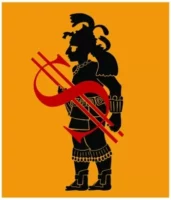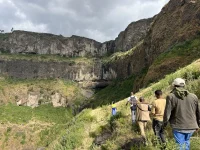
El colonialismo y la leyenda rosa española
Hace ya casi 25 años, el historiador indio Dipesh Chakrabarty denunció en su obra Provincializing Europe: Postcolonial Thought and Historical Difference que Europa, fuésemos conscientes o no de ello, seguía siendo la medida de todas las cosas y el sujeto desde el que se construyeron todas nuestras historias. La modernidad, el progreso, el desarrollo económico… Todo en el mundo se había medido desde los parámetros occidentales, y esa circunstancia dejaba en un segundo plano a un sinfín de pueblos a los que solo podía llegarles la redención a partir de los valores y las ideas que habían nacido en la cuna europea.… Seguir leyendo »













